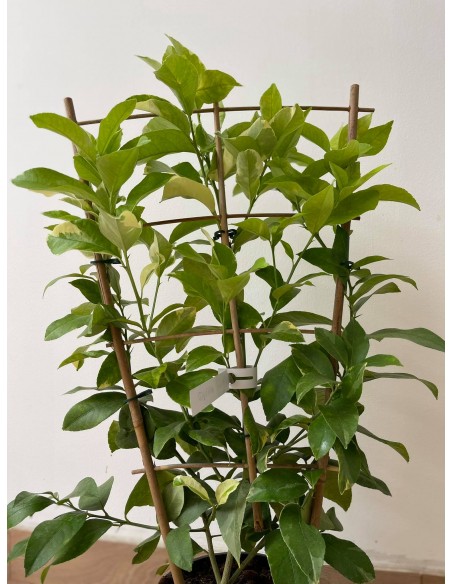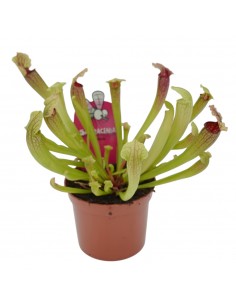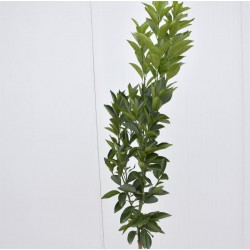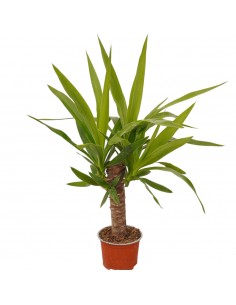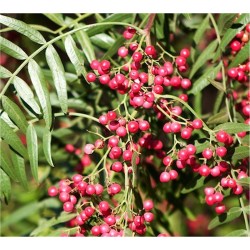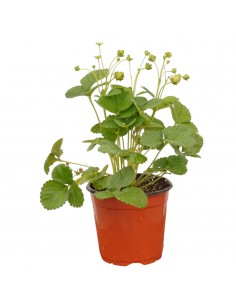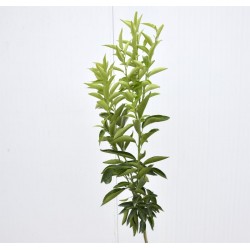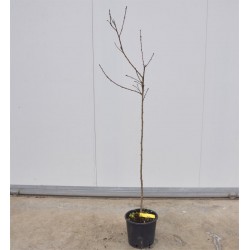copy of Lemon Tree
Generality of the Lemon Tree:
The lemon tree in the garden is an ancient tradition. In recent years it has become a real trend to grow it even at home because it is an evergreen with a beautiful, aromatic shape, with delicately scented flowers and edible fruits. The lemon is a plant belonging to the Rutaceae family native to India and the Far East, a citrus fruit widespread in hot and humid areas, ranging in height from 3 to 6 meters. Its leaves, elliptical, waxy and aromatic, are bright green. The branches are thorny and the wood of the trunk is very hard. The flowers of lemons also called zagare, white in color, are found at the base of the leaves isolated or in pairs.
- Phytocell, Height 150 / 160cm
- Vase 7cm, Height 10 / 20cm
On-line Sale Of the Incense Plant, available in the following sizes:
- Phytocell, Height 150 / 160cm
- Vase 7cm, Height 10 / 20cm
Generality of the Lemon Tree:
Lemon is native to India and Indochina. According to some scholars, it is a natural hybrid between cedar (Citrus medica) and lime (Citrus aurantifolia). The lemon tree (up to 6 meters high) has an open bearing and the fruiting branches are protruding; the branches are usually thorny. The leaves are alternate, reddish when young and then dark green above and lighter below, generally elliptical .; the petiole is slightly winged. The sweetly scented flowers can be solitary or in pairs, at the axil of the leaves; in favorable climatic conditions they are produced practically all year round. The edge of the petals is violet. The fruits are oval or oblong, with pointed tips: Normally the peel is yellow, but there are variegated varieties of green or white: rich in essential oils, it can be more or less thin: the pulp is divided into eight to ten segments; it is generally very tart and juicy: many varieties are seedless. On average, the lemon peel can reach 40% of the total weight, another 3% is represented by the seeds. Although it is an average, the data suggests that the fruit is not grown only for the juice. From the peel, much appreciated for the production of candied fruit, essences and pectin are also extracted. The oil is extracted from the seeds and the leftovers are used in animal feed. With the lemon peel a liqueur is produced, Limoncello, born in Campania and spread all over the world..
Cultivation and Care of the Lemon Tree:
The Lemon tree loves bright, sunny places sheltered from the wind, it is a fruit tree sensitive to cold, it defoliates completely with temperatures of -4 / -5 ° C, even lower temperatures can also damage the wood; flowers and fruits, on the other hand, tolerate minimum values down to -2 ° C. Lemons are fruit trees that adapt to any type of soil while preferring loose soils, rich in organic substance, well drained and with a pH between 6.5 and 7.5. They are satisfied with rainwater but it is necessary to irrigate them in periods of prolonged drought. The lemon generally blooms twice a year: in spring and autumn. The fruits, generally with an oval shape, have an external skin with different shades of yellow, rich in essential oils, which protects the internal part called the pulp. The pulp, juicy, has a sour taste and is divided into 8-10 wedges.

